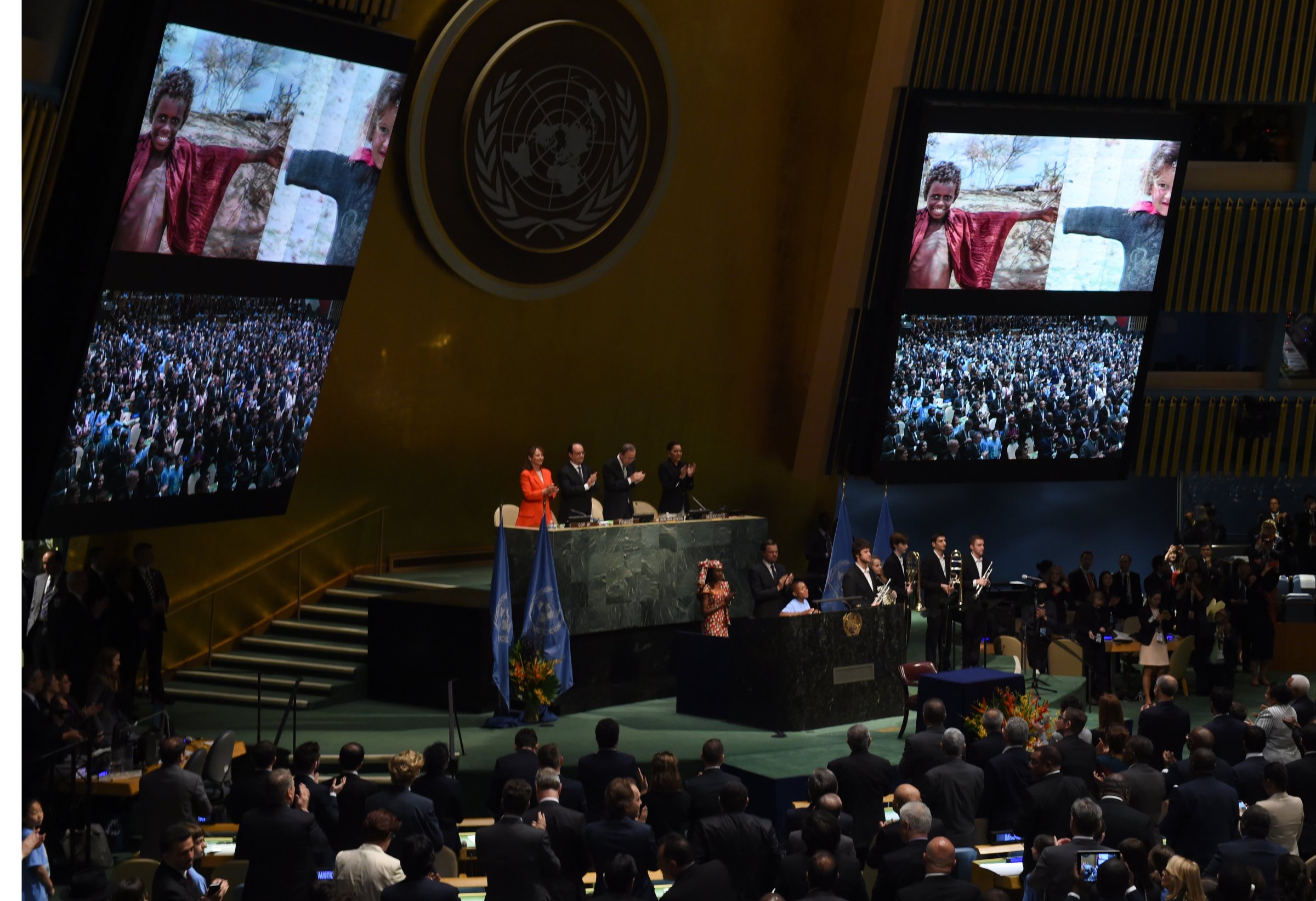
When I think of the long dry spells, I think of my village. I think of the animals that fled in search of water, of the men who fled in search of a better life. As the men and animals moved further and further away from home, the women were left behind with little food, no way to feed their families, and the burden of caring for children in a desolate land.
I think of Nantoyie, a wife to one of the men who left the village. The dry spell caused her to lose the animals she depended on for milk—some had fled, others had died due to the long dry season. The only way to survive was to walk to a nearby trading center to beg for food. Sometimes, Nantoyie was lucky and she came home with food. Other times, she was forced to go home empty-handed to her crying children.
One day, as Nantoyie sat outside her house with some of the children, she saw five men walk into the homestead. They looked tired and worried. Concerned, she immediately asked after the whereabouts of her husband. The men told her that her husband had died of hunger while following the animals as they searched for grazing grounds.
Nantoyie cried for many days. The men could not carry her husband’s body back with them, and instead buried him in the wilderness. Other wives in the village became worried that Nantoyie’s husband’s fate would be the fate of their husbands.
Now, when dry spells return, Nantoyie is struck with grief.
I worked miles away from my village while in college. During a visit home, I met Nantoyie, who was my good friend and neighbor. Not knowing her sad tale, I asked after her husband and children. She narrated her ordeal amid sobs. I was touched; it hurt to hear her tell her story because I know this is just one of many sad stories that are arising in my community due to climate change
The year-to-year variations and extremes in temperatures have changed the lives of the indigenous communities of Tanzania. The Datoga, the Hadzabe, the Maasai—among others—have been affected by harsh climatic changes. The Maasai people, for example, depend on livestock for their living. As the climate changes, livestock dwindles, and poverty levels have risen. The same experience is seen in other pastoralist communities in my homeland.
I know that climate justice begins with me. I am working on training women in my community to be environmentally conscious.
For example, when men and animals left the villages, the women were left with no way to feed their families. They started to cut and burn trees for charcoal—a dangerous endeavor that contributes to climate change. I encouraged women in my community to instead collect manure and to sell it to nearby towns to be used as fertilizer. Manure can be an alternative energy source for livestock farmers. An anaerobic digester will partially convert manure to energy in the form of biogas, which contains methane. I trained women on the importance of manure for biogas production in order to stop the felling of trees and burning of charcoal.
Let us all train our communities in environmental conservation techniques and methods. Let us empower women, so that Nantoyie and those in her position can prosper and thrive.
Rosemary Ntoipo is a contributor from Tanzania. This piece was originally published on World Pulse. Sign up to get international stories of women leading social change delivered to your inbox every month here.
More Must-Reads from TIME
- Cybersecurity Experts Are Sounding the Alarm on DOGE
- Meet the 2025 Women of the Year
- The Harsh Truth About Disability Inclusion
- Why Do More Young Adults Have Cancer?
- Colman Domingo Leads With Radical Love
- How to Get Better at Doing Things Alone
- Michelle Zauner Stares Down the Darkness
Contact us at letters@time.com